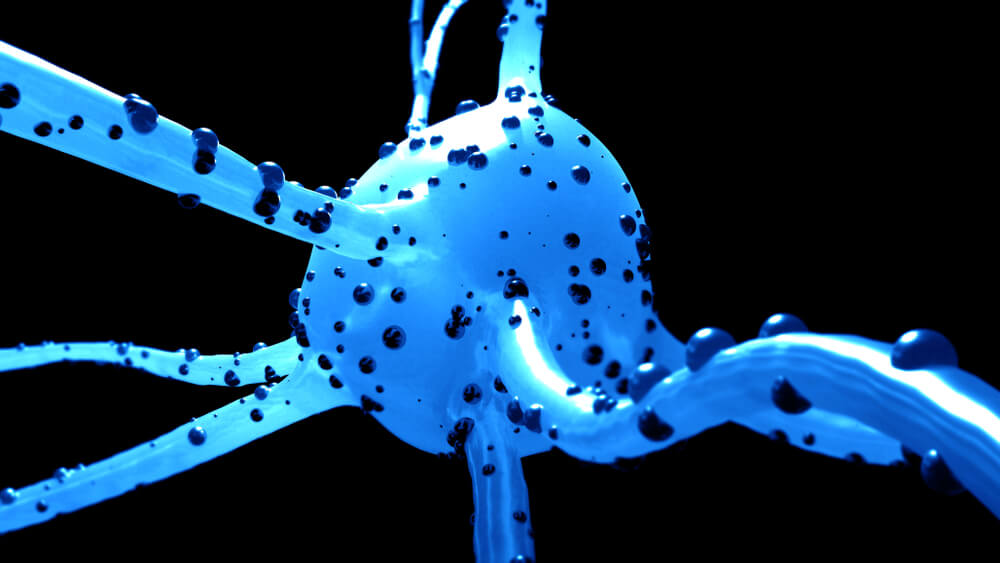There is a widespread belief that neurons are only created in our childhood, however, this claim is false. The concept of neurogenesis can be explained in a nut word: the birth of new cells.
This phenomenon represents a fundamental aspect of neural plasticity and processes as important as learning and memory, undoubtedly a fundamental discovery that is being thoroughly studied by the scientific community for the great benefit it can bring.
- Neurogenesis has only been confirmed relatively recently.
- In the 1960s.
- Altman and Das (1965) demonstrated this phenomenon in rodents.
- But it was not until 1998 that Peter S’s research team.
- Eriksson has shown it in humans.
Other search results (e. g. Moreno R. , M. Pedraza C. and Gallo M. 2013) show that we generate new cells throughout our adult life and that it is vitally important to encourage their creation.
This occurs in the subventricular area (bottom of the lateral ventricles), specifically in the sub-granular area of the dented rotation of the hippocampus (Ehnenger and Kempermann, 2007).
This structure is located in the temporal lobe and is part of the limbic system. The main functions of the hippocampus include memory, learning, spatial orientation and emotional regulation.
The new cells can be divided into two groups, on the one hand we find stem cells or stem cells, with the ability to divide indefinitely and that differ into different types of specialized cells.
On the other hand, there are neural progenitor cells whose capacity for expansion and renewal is more limited than the former (Arias-Carron, 2007).
According to Couillard-Després et al (2011), “there is a facilitation relationship between the neurogenesis of the adult hippocampus and the performance of the learning and memory tasks of the hippocampus during aging”.
This statement highlights the importance of learning and memory tasks for the creation of new neurons, that is, if we want to create new cells throughout our lives, we should not neglect the activities that stimulate our brain.
Learning something new means not only acquiring a new skill, but creating neural material, speaking a new language, playing an instrument, or any activity that keeps an active mind will encourage the creation of new neurons, and we can do so for the rest of days our lives.
Therefore, it is never too late to learn, on the contrary, we will delay the natural cognitive decline caused by age.
“Neurons do not die from excessive activity, but from inactivity” – José Manuel García, professor of cell biology
A sedentary lifestyle and inactivity have the opposite effect: not only do they not promote neurogenesis, but they contribute to cognitive decline to run its frenzied course.
Contrary to popular belief, what damages neurons is not excessive activity, but inactivity, alcohol, tobacco, lack of sleep and maintaining an unbalanced diet destroy them directly.
Until recently, we knew that exercise reduced stress and got us in shape, but now we know it also promotes neurogenesis.
Morales-Mira M. et Valenzuela-Harrington M. (2014) state that “physical exercise effectively increases the neurogenesis of the adult hippocampus, which is linked to the improvement of the tasks that depend on it, constituting a great therapeutic potential to delay and repair brain damage caused by injury or illness ?.
When we are stressed or suffering from chronic stress, the hypothalamus secretes hormones that activate the pituitary gland, facilitating the release of glucocorticoids (cortisol). If we are unable to cut this stream of cortisol in the body, it will eventually affect the neurons of the body. hippocampus and therefore no neurogenesis will occur.
During exercise we regulate the levels of glucocorticoids and deactivate the brain circuit that causes stress. In this way, we facilitate the regeneration of the hippocampus. In short, a stressed hippocampus does not cause neurogenesis; a healthy seahorse, yes.
“The hippocampus continues to generate neurons that are fundamental to lifelong learning and memory processes. “Sandrine Thuret, neuroscientist
If we want to maintain a healthy mind that continues to generate new cells throughout our lives, it is essential to activate the mind.
We no longer have arguments to stand still, to let ourselves be carried away by natural deterioration. We know that we have the potential to promote neurogenesis and keep a mind more active for longer than we thought.
Read, learn to play guitar, piano, enroll in Chinese lessons, hike, meditate, exercise. . . more excuses, get your mind in shape!

